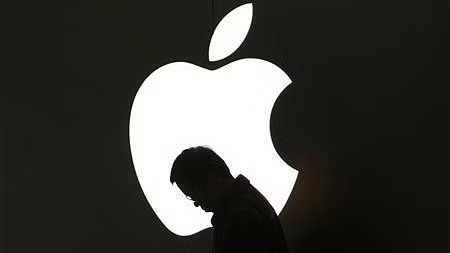In a significant move to boost domestic technology and reduce reliance on foreign-made devices, the Chinese government has officially banned government officials from using iPhones for work-related purposes. This decision has raised concerns about the escalating tensions between China and Apple, as well as broader implications for global tech trade.
The ban, which was announced by China’s State Council, prohibits all government employees and officials from using iPhones as their official work devices. Instead, they are required to switch to smartphones manufactured by domestic Chinese companies. This directive applies to both central and local government offices.
The decision is seen as part of China’s ongoing efforts to promote the use of domestically produced technology and reduce reliance on foreign tech giants, including Apple. It comes at a time when the Chinese government has been actively pushing for the development and adoption of homegrown alternatives in various sectors, including smartphones, operating systems, and software.
While the Chinese government has not explicitly cited security concerns as the reason behind the iPhone ban, it is widely believed that this move is aimed at bolstering cybersecurity by reducing reliance on foreign technology. China has expressed concerns in the past about potential security risks associated with foreign-made devices and software.
This ban on iPhones follows a series of actions taken by the Chinese government to promote domestic technology, such as the development of the Chinese-made HarmonyOS as an alternative to Apple’s iOS and Google’s Android. Additionally, China has encouraged the use of Chinese-made apps and software, further promoting the country’s tech ecosystem.
The ban on iPhones for government officials may also have broader implications for Apple’s business in China, one of its largest markets. Apple has faced regulatory challenges in China in recent years, including scrutiny over its app store policies and concerns related to data privacy. This latest move could potentially impact iPhone sales in the country, although it remains to be seen to what extent.
The decision has drawn attention from international observers, raising questions about the ongoing trade tensions between China and the United States. Apple, a major American tech company, has been at the center of these tensions in the past. The ban on iPhones for government use underscores the Chinese government’s commitment to promoting domestic technology and reducing reliance on foreign companies, potentially affecting trade dynamics between the two nations.
As the ban goes into effect, it will be closely watched for its impact on government operations, the Chinese smartphone market, and the broader relationship between China and foreign tech companies.










